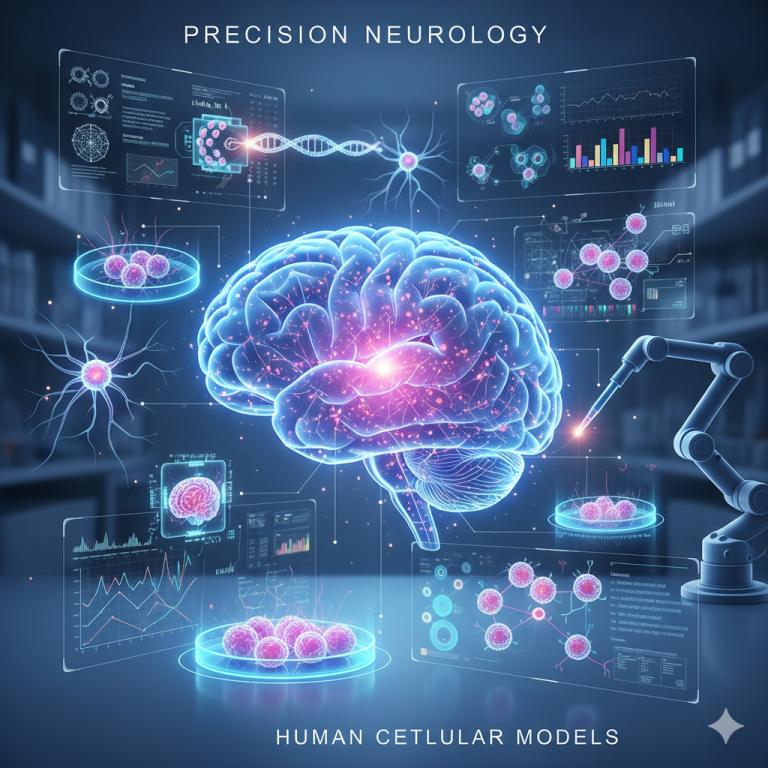
The professional landscape is undergoing a seismic shift. No longer is a degree the golden ticket to a lucrative career. Instead, hiring managers and recruiters are focusing on tangible skills, real-world problem-solving capabilities, and hands-on experience. Skills-Based Hiring Trends are reshaping the way businesses build their teams, favoring demonstrable expertise over academic pedigree.
The Evolution of Hiring Practices
For decades, a degree served as a primary filter in recruitment processes. Employers assumed that a college education equated to a well-rounded, capable employee. However, cracks began to form in this ideology as industries evolved at breakneck speed. Technology, in particular, disrupted conventional hiring models by introducing rapidly changing skill sets that formal education could not keep pace with.
Companies began questioning the rigidity of degree requirements. A four-year program could not feasibly adapt to the ever-evolving needs of the digital economy. Consequently, the emphasis on credentials started to wane, giving rise to a performance-driven approach that prioritizes what candidates can do over where they studied.
Skills-Based Hiring Trends: The Shift from Degrees to Expertise
A growing number of forward-thinking companies now prioritize competency over credentials. Organizations such as Google, Apple, and IBM have famously removed degree requirements for many roles, opting instead for rigorous skill assessments and portfolio evaluations.
This shift is not confined to tech giants alone. Startups and enterprises across various industries—from marketing to finance to healthcare—have realized that formal education does not necessarily equate to workplace proficiency. Businesses increasingly use technical assessments, take-home projects, and live coding challenges to evaluate job candidates.
Employers are recognizing that a candidate who has honed their abilities through self-learning, apprenticeships, or hands-on projects can often outperform someone with a conventional degree but little practical experience. The move towards skills-based hiring trends democratizes job opportunities, opening doors for individuals who might not have the financial means or inclination to pursue a traditional degree but possess immense talent.
The Role of Certifications & Online Learning: Alternative Paths to Career Success

With degrees losing their monopoly, alternative learning paths have emerged as powerful contenders. The role of certifications & online learning is increasingly significant, providing learners with industry-relevant skills in a fraction of the time and cost of traditional education.
Online platforms such as Coursera, Udemy, and LinkedIn Learning offer specialized courses in programming, digital marketing, and data analytics. Coding bootcamps, such as General Assembly and Lambda School, provide intensive, skills-focused training that enables individuals to transition into high-paying tech roles without a formal degree. These platforms emphasize practical application, allowing learners to build portfolios, work on real-world projects, and gain hands-on experience.
Certifications also play a crucial role in validating expertise. Employers often value certifications from recognized institutions such as Google, AWS, or Cisco as proof of competency. A cybersecurity professional with a Certified Ethical Hacker (CEH) certification or a cloud engineer with an AWS certification may carry as much, if not more, weight than a degree-holder with no relevant hands-on experience.
Employer Perspectives: Competency Over Credentials
Employers are not merely seeking knowledge—they require problem solvers, innovators, and adaptable individuals who can thrive in dynamic work environments. Employer perspectives have shifted, with companies placing a premium on results-oriented employees rather than those who simply check the traditional educational boxes.
From a business standpoint, this transition makes sense. Hiring based on skills allows companies to fill roles faster, reduce training costs, and enhance productivity. Employees who demonstrate the ability to learn quickly and adapt to new challenges are invaluable assets. By focusing on practical abilities rather than degrees, organizations can tap into a more diverse talent pool, fostering inclusivity and creativity in their workforce.
Large corporations have taken note, adjusting their hiring policies to accommodate a wider range of candidates. Hiring managers now prioritize soft skills—such as problem-solving, communication, and adaptability—alongside technical proficiencies. This holistic approach leads to stronger teams that are not only skilled but also resilient and innovative.
Impact on Job Seekers: Opportunities and Challenges
For job seekers, the emphasis on skills over degrees creates both opportunities and challenges. Impact on job seekers can vary depending on their background, learning approach, and industry of interest.
One of the greatest advantages is accessibility. Individuals who may not have had the financial resources to attend a university now have alternative pathways to lucrative careers. Self-taught programmers, digital marketers, and graphic designers can showcase their skills through portfolios, freelance work, and real-world projects.
However, the flip side is that competition has intensified. Without the traditional degree as a benchmark, job seekers must put extra effort into demonstrating their expertise. A well-crafted resume is no longer sufficient—candidates must build a strong personal brand through LinkedIn, GitHub repositories, online portfolios, and continuous upskilling.
Additionally, certain industries still heavily rely on degrees as a hiring criterion. While the tech industry has been quick to adopt skills-based hiring trends, fields such as medicine, law, and academia continue to uphold stringent educational requirements. As a result, job seekers must carefully assess industry expectations before forgoing a degree altogether.
The Future of Higher Education & Hiring: Adapting to the New Reality

As the corporate world embraces skills-based hiring trends, educational institutions must evolve. The future of higher education & hiring hinges on adaptability—universities must rethink their curricula to align with market needs.
Traditional degree programs will not vanish overnight, but they are likely to become more modular, integrating micro-credentials, hands-on learning opportunities, and industry collaborations. Universities may begin offering more competency-based learning models, where students earn credits for real-world experience and projects rather than simply completing coursework.
Additionally, hybrid education models will gain traction. Employers and universities will likely form deeper partnerships to create programs that blend academic rigor with practical application. Internship-integrated degree programs and apprenticeship models will become more prevalent, bridging the gap between education and industry needs.
For hiring practices, AI-driven recruitment tools will further refine skills assessments. Automated systems will analyze work samples, evaluate project-based experience, and even gauge soft skills through behavioral analysis. The hiring process will become increasingly data-driven, ensuring that the most capable candidates—regardless of their educational background—rise to the top.
Conclusion
The decline of degree-centric hiring does not mean that formal education is obsolete. Instead, it signals a recalibration—a shift towards a hiring landscape where ability, experience, and adaptability take precedence over a diploma. Skills-based hiring trends, coupled with the role of certifications & online learning, empower individuals to carve unique career paths, while employer perspectives continue to evolve to meet the demands of the modern workforce.
For job seekers, embracing continuous learning, building robust portfolios, and demonstrating real-world application of skills will be key to thriving in this new era. Meanwhile, educational institutions must reinvent themselves to stay relevant. The future of work belongs to the capable, not just the credentialed.




